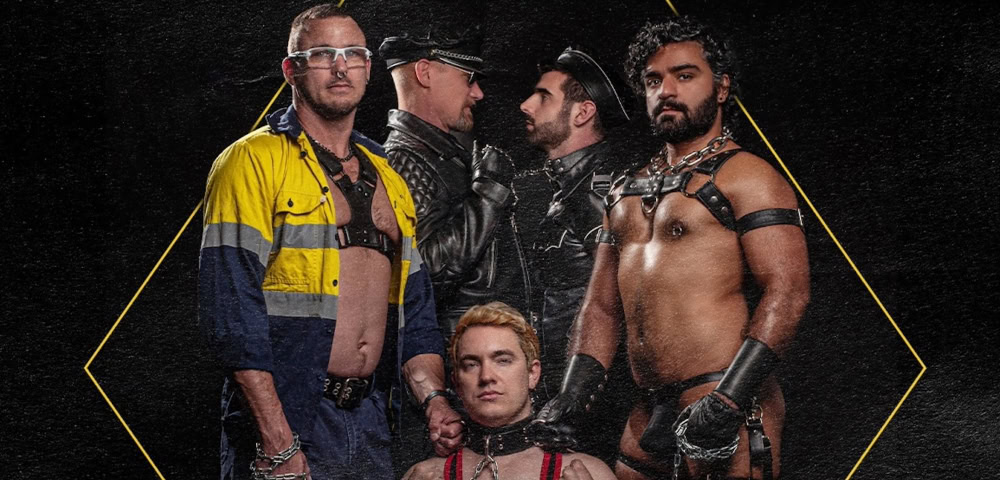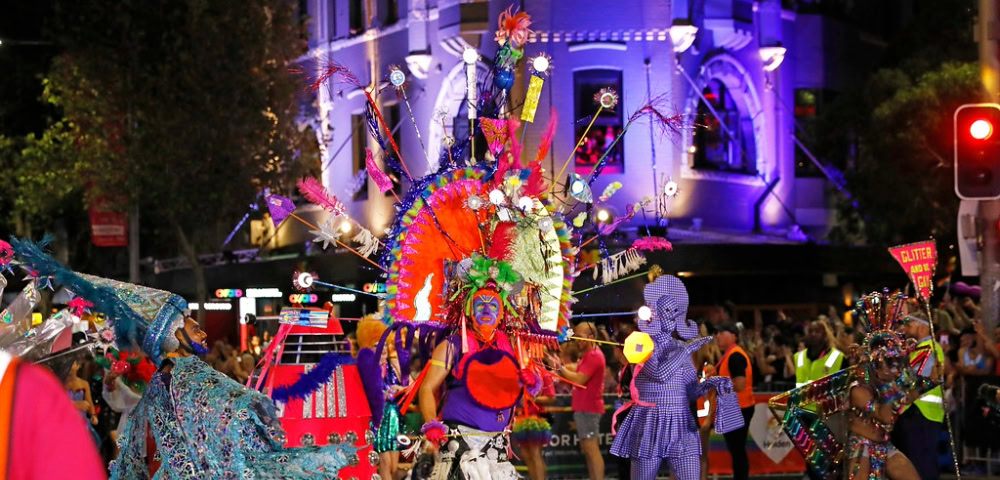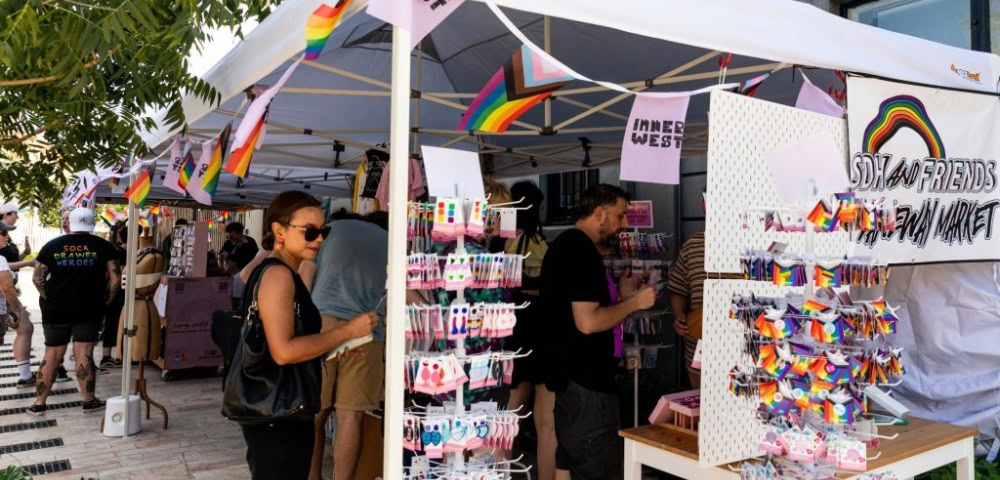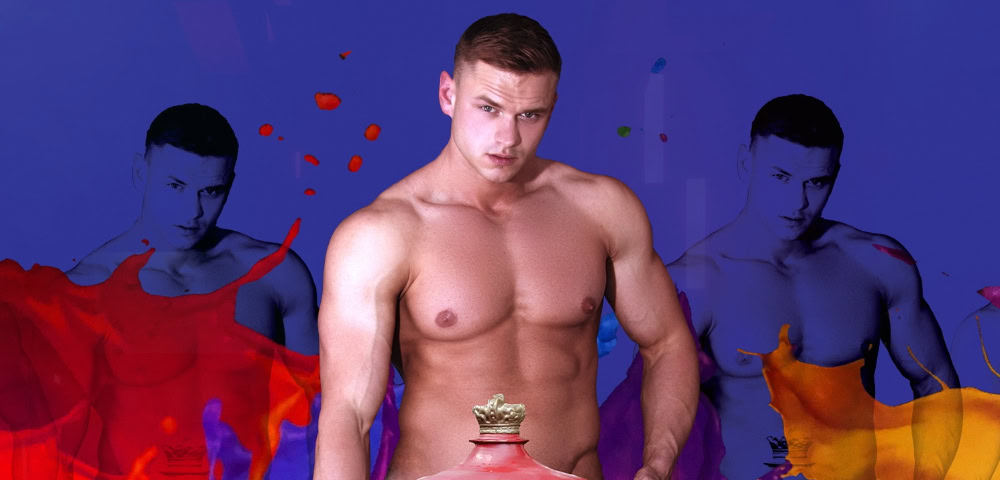
Closet Case: Julie McCrossin
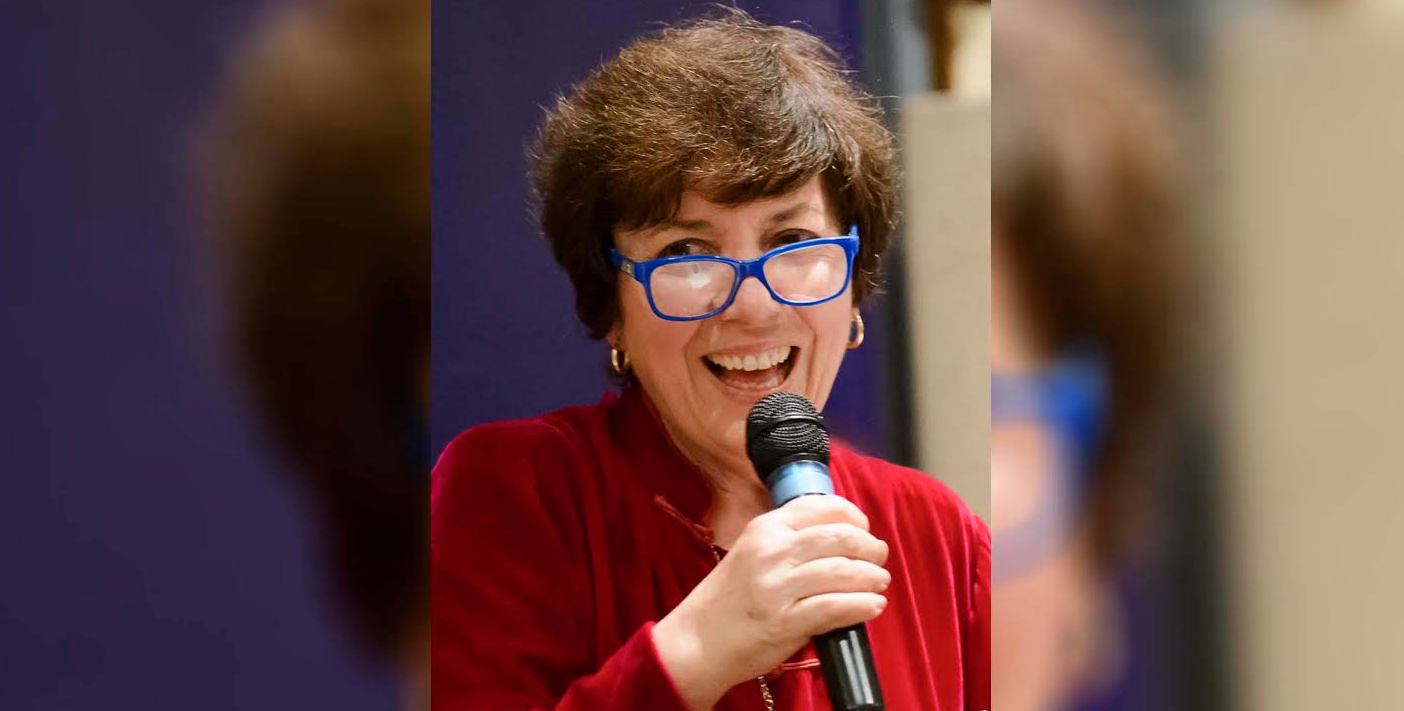
IT never occurred to Julie McCrossin to ever live her life in the closet.
“I thought I was gay from the age of 13 or 14… that was in the 1960s when it was utterly unacceptable and forbidden,” she told Star Observer.
“It was against God’s will, it was illegal, an illness.”
When she told her parents she was a lesbian at the age of 18, it did not go very well. She found herself without housing and financial support, but the family of her close friend Sophie took her in and accepted her unconditionally.
“She came from a Polish Jewish family who had been in the Holocaust and survived,” McCrossin recalled.
“Her mother said to me: ‘After all I’ve lived through, this is not a problem’.”
Life certainly improved for her afterwards, and her career flourished.
A qualified lawyer, McCrossin worked in children’s theatre after university and has been a stalwart of Australian broadcasting for 20 years on the ABC and Channel 10.
McCrossin has performed as a comedian and was a part the successful comedy news program Good News Week alongside Paul McDermott and Mikey Robins.
Currently, she writes for the NSW Law Society Journal and is a professional MC who facilitates conferences and seminars nationally.
One important piece of advice she had for anyone deciding to come out was to not only access support services, but to also seek “alternate parental figures, fathers and mothers who love who you are” — should one’s usual family not be accepting.
Another saving grace for McCrossin was her sense of humour.
“I tend to make people laugh even doing serious work, that helped as a gay woman,” she said.
“You can smooth the wheels with fun.”
McCrossin, 61, credits good timing in her life to “always feel it was okay to be homosexual” and spent her formative years fighting for minority rights.
Attending Sydney University to study Arts/Law, McCrossin became an activist and campaigned for women’s rights, LGBTI rights and Indigenous land rights.
“I was involved with gay liberation meetings in the early 1970s which was critical to my emotional and psychological survival,” she explained.
“And as well, I was angry in the way you are when you’re young.”
The social justice activist would go on to be involved in a number of protests during the 1970s, culminating in one of Sydney’s most infamous mass arrests in 1978 — the same incident that inspired the city’s first Mardi Gras.
“I was arrested many times, I had many criminal convictions,” she said.
“I remember being in the cells with 20 or 30 women. We were sitting on boards with those grey blankets.”
So why did she put herself through all of that?
“We were fighting,” she explained.
“People were saying (LGBTI people) were mentally ill. They were saying it (homosexuality) was a crime.
“We were determined to change it and we did. Change did happen for women, gay people and land rights.”
Since that critical moment in Australian LGBTI history, McCrossin has remained involved in Mardi Gras, mainly as a broadcaster.
However, for the first time this year she will march in the Parade with Frans Inc, an organisation working on the inclusion and support for people with disabilities.
“I was thrilled they asked me to be ambassador for 2016,” McCrossin said of her patron role for the organisation.
“I’ve had a long history of activism for people with disabilities.”
McCrossin has seen a lot of changes to Mardi Gras since its inception but believes the festival is still important for marginalized groups and for the wider community to express their allegiance to LGBTI people.
“Because I’ve been a co-presenter (of the parade), I get this huge briefing folder with research on all the floats which gives me a unique insight,” she said.
“You see members of new cultural groups start marching every year, where being gay can be dangerous.
“It’s thrilling to see six people from Sri Lanka marching.”
McCrossin said Mardi Gras also helps people from regional and remote Australia express their sexuality, which is “hugely important… because of the high level of self-harm and suicide of rural youth”.
Finally, she said the growing number of government and non-government organisations who allow and encourage their staff to march, including emergency and defence services, was a huge boon.
But according to McCrossin, the next important step for Mardi Gras and the general LGTBI community is to improve services for community elders.
“Many of the 78ers are older… a lot of gay people are lonely and want better age care support,” she said.
McCrossin lives in Sydney with her wife and two step-children.
The Sydney Gay and Lesbian Mardi Gras Parade is on Saturday, March 5, 7pm-10pm. Details here
__________________________________
The Star Observer is a proud media partner of the Sydney Gay and Lesbian Mardi Gras.
For all of Star Observer’s Mardi Gras coverage, click here
__________________________________
**This article was first published in the March edition of the Star Observer, which is available now. Click here to find out where you can grab a copy in Melbourne, Sydney, Brisbane, Adelaide, Canberra and select regional/coastal areas.
Read the March edition of the Star Observer in digital format:
__________________________________
Read previous instalments of “Closet Case”:
John Caldwell
Paul Kidd Lisa Harvey-Smith
Anna Brown Lachlan Beaton
Michael Kirby Monique Schafter
Jesse Jackman & Dirk Caber Tony Briffa
Mariam Margolyes Kerryn Phelps & Jackie Stricker-Phelps
Benjamin Law Beccy Cole
Buck Angel Thomas Jaspers
__________________________________





